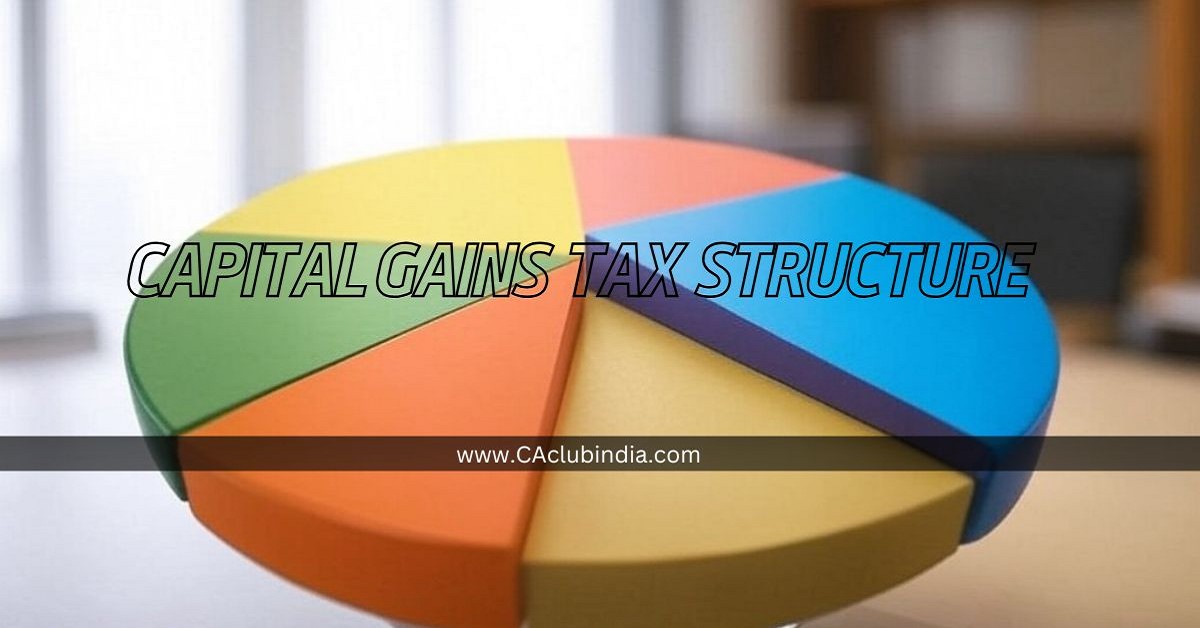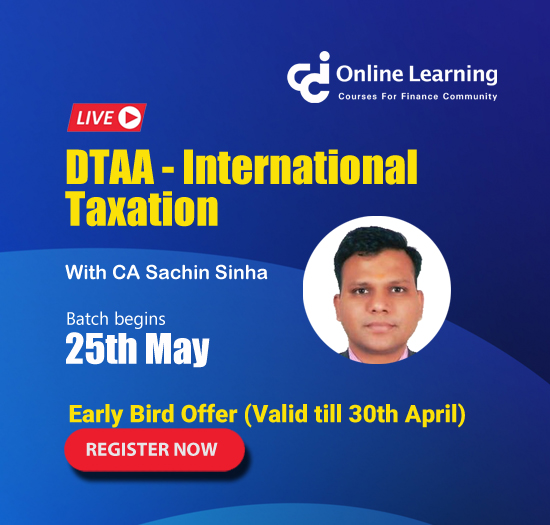The new Income Tax Bill 2025, tabled in Parliament recently, is being seen by taxation experts as a landmark reform aimed at modernizing and simplifying India's tax framework. The bill seeks to replace the 65-year-old Income Tax Act of 1961, making way for a more structured, accessible, and digitally driven tax law under the Income Tax Act, 2025.

Key Features of the Income Tax Bill 2025
- Simplification of Tax Laws: The bill has increased the number of sections while reducing overall length, eliminating redundant and outdated provisions to enhance clarity. It contains 2.56 lakh words, which is nearly 50% shorter than the existing half-million-word Income Tax Act, 1961.
- Recognition of Virtual Digital Assets (VDAs): For the first time, the bill explicitly classifies cryptocurrencies and other virtual digital assets as taxable income, removing ambiguity around their taxation.
- Enhanced Digital Compliance & Dispute Resolution: With a focus on ease of filing and dispute resolution, the bill strengthens digital compliance mechanisms, reducing litigation risks. Tax slabs and rates are also structured in a tabular format to improve accessibility.
Click here to download: New Income Tax Bill 2025
Capital Gains Taxation: Structural Adjustments with Retained Framework
Taxation experts highlight that while the language and sectioning of capital gains taxation have been simplified, the core structure remains intact:
- Clause 67: Defines capital gains and outlines taxability under different types of asset transfers.
- Clause 196: Governs short-term capital gains (STCG) taxation for equity shares, equity-oriented funds, and business trust units.
- Clause 197: Covers long-term capital gains (LTCG) for non-equity long-term capital assets.
- Clause 198: Applies to LTCG taxation for equity shares, equity mutual funds, and business trust units.
The list of tax-exempt transactions under Section 47 of the 1961 Act has been refined, with redundant clauses such as exemptions for industrially sick companies' land transfers and stock exchange demutualization being removed.
Revised Capital Gains Tax Rates & Exemptions
Short-Term Capital Gains (STCG): Equity shares/mutual fund units sold within 12 months are now taxed at 20%, up from 15% under the old Act.
Long-Term Capital Gains (LTCG):
- Gains on equity assets held for over 12 months are now taxed at 12.5%, increased from 10% earlier.
- Exemption limit for LTCG raised from ₹1 lakh to ₹1.25 lakh, offering additional tax relief.
New Taxation Framework for Charitable Trusts & Non-Profit Organizations
A major overhaul comes in the taxation of charitable trusts, which have undergone over 20 amendments since 1961. The new law consolidates all such provisions under Chapter XVII-B, covering:
- Registration procedures
- Tax computation
- Accreted tax regulations
- Other compliance norms
Ensuring Continuity While Adapting to Modern Needs
Despite structural reforms, taxation experts affirm that the core scheme of the Income Tax Act remains unchanged, ensuring a smooth transition for taxpayers. While certain aspects may need further consideration, the balanced approach aims to maintain familiarity for stakeholders while aligning with contemporary economic realities.
With its clearer structure, digital focus, and streamlined provisions, the Income Tax Bill 2025 is poised to reshape India's tax system for the modern economy, bringing much-needed efficiency, transparency, and ease of compliance.




 CAclubindia
CAclubindia


